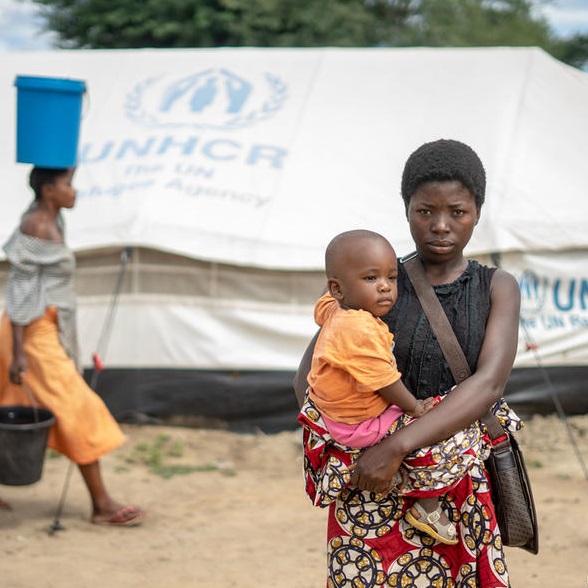KAP WASH Survey - 2017
Congo, Rep., 2017
Get MicrodataIdentification
UNHCR_COG_2017_KAP_v2.1
KAP WASH Survey - 2017
| Name | Country code |
|---|---|
| Republic of the Congo | COG |
The Republic of Congo has served for over a decade as a host country for refugees following repetitive armed conflicts known in the subregion. The latest is the Central African armed disturbance unleashed in March 2013. This conflict has caused a massive influx of people to the countries bordering the Central African Republic. In Congo, the majority of refugees have been received in the department of Likouala. This influx was added to the DRC and Rwandan refugees already present in the area.
Since the beginning of the operation, the humanitarian organizations, AARREC, Solidarité Internationale and the Congolese Red Cross have implemented the actions Water Hygiene and Sanitation in the hosting camps and villages through the financing of UNHCR. Various structures (latrines, wells and boreholes, washing area, etc.) have been installed for the benefit of the beneficiaries.
The aim of these actions is to ensure for all sites: (i) access to sufficient and good quality drinking water, (ii) sustainable access to sanitation facilities, and (iii) improve knowledge and practices in personal and collective hygiene. To better understand and measure the current state of knowledge and practices of the populations living in the various refugee sites, a KAP survey focusing on water, hygiene and sanitation issues was conducted from December 13 to 27, 2017. The survey results reported in this document will also serve as a benchmark for measuring the impact of actions conducted in the area of the operation at the end of each year.
Sample survey data [ssd]
KAP survey focusing on water, hygiene and sanitation practices and issues with the following unit of analysis: household
Version
v2.0: Edited, anonymous dataset (SUF)
Scope
The scope of the survey includes:
- HOUSEHOLD: household main characteristics, water and sanitation hygiene and practices
| Topic |
|---|
| Water Sanitation Hygiene |
| Health |
Coverage
Sub-Prefectures of Betou Centre and Ikpemgbele with a focus on the following neighberhoods:
Betou Centre: Ca Metre, Monzombo, Site du 15 Avril and Yende
Ikpemgbele: Ikpemgbele
Producers and sponsors
| Name |
|---|
| UNHCR, The UN Refugee Agency |
| Name |
|---|
| Global WASH |
| CartOng |
Sampling
The overall sample size constitutes of 254 households, including 210 households in Betou Center and 44 households in Ikpengbele.
A two stage sampling methodology was used in this survey for the Bétou area. For the first stage, the Bétou area was divided into four sites (Ca Mètre, Monzombo, Yende and the site 15 Avril). These sites were in turn subdivided into clusters in a way that each household on the site has the same chance of being selected. This result is obtained using the probability proportional to size method.
For the second step, the households in each cluster to be surveyed were selected by the team leaders using a systematic draw according to the size of each zone.
In the case of Ikpengbele, a systematic sampling at 10% of the total number of households registered in the area was used, i.e. 44 households.The identification of households to be surveyed after allocating clusters to all areas was done at random.
Sample weights for the household data were computed as the inverse of the probability of selection of the household, computed at the sampling domain level (camp)
Data collection
| Start | End |
|---|---|
| 2017-12-13 | 2017-12-27 |
| Name |
|---|
| AARREC |
| CartOng |
| UNHCR, The UN Refugee Agency |
Data processing
Data was anonymized through recoding and local suppression
Data Access
UNHCR (2017) KAP WASH Survey - 2017 in the Republic of Congo. UNHCR's Microdata Library: https://microdata.unhcr.org
Metadata production
UNHCR_COG_2017_KAP_DDI_v1.0
| Name |
|---|
| UNHCR |
2019-10-24
